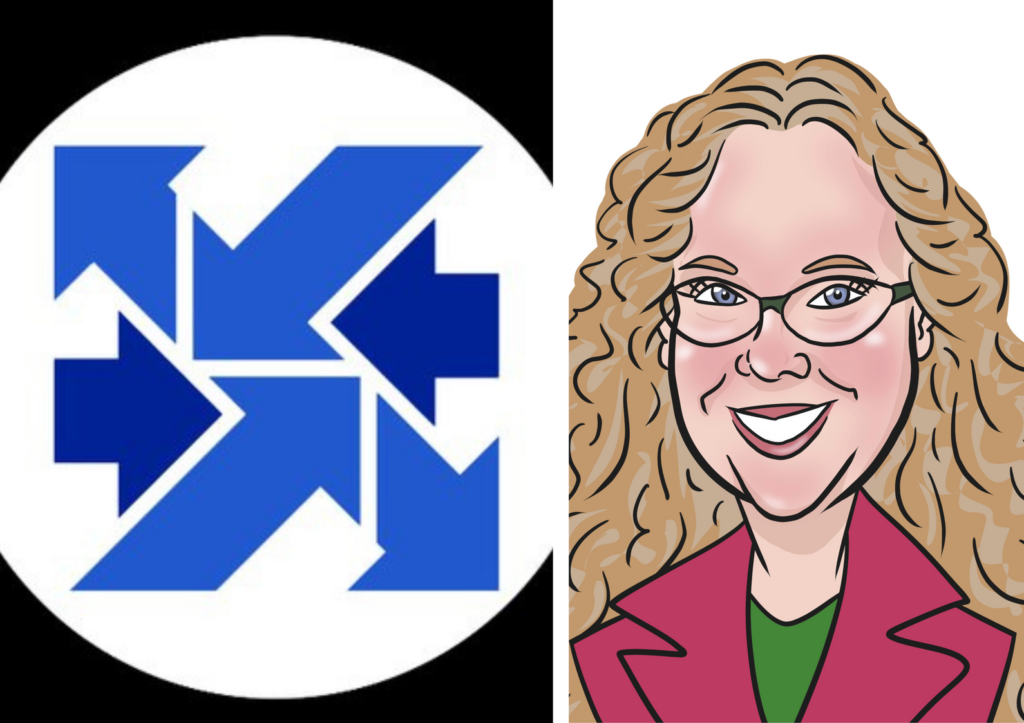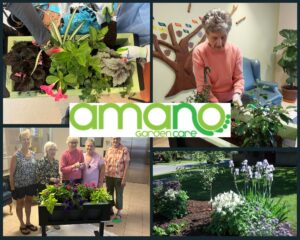
As part of our SE spotlight series, CSED recently sat down with Shelley Robinson, executive director of National Capital FreeNet, to learn more about their social enterprise, the work they do, and their upcoming 30th anniversary.
1. What does your social enterprise do?
NCF is a not-for-profit internet service provider committed to digital equity. We believe everyone in the national capital region deserves affordable, high-quality access to the internet that they can understand how to use while feeling safe online.
In practice, this means we sell affordable home internet to people in Ottawa, Gatineau and surrounding communities with speeds from 6/1Mbps to 1024/30Mbps and unlimited usage, delivered in part over the Bell and Rogers networks as mandated by the CRTC.
Our Community Access Fund offers a lower-cost internet plan to Ottawa Community Housing tenants which we are working to expand to other groups. We offer ad-free, locally-hosted email and basic web-hosting.
We also provide digital literacy information through our award-winning HelpDesk of staff and volunteers, online resources, workshops, social media campaigns and special events. And given how important internet connectivity is to everyday life — especially during COVID-19 — we’re always looking for new ways we can connect the community.
2. What was the inspiration/story behind your social enterprise?
We started in 1992, this September is our 30th anniversary! We were started at Carleton University in 1992 as a community portal facilitated by free dial-up connectivity. It was part of an international movement to provide public access to community information. As the web developed, many free nets shut down. And so, NCF pivoted to selling higher-speed connections, which was the birth of the social enterprise part of what we do. echnology has obviously changed dramatically ovWe are also still supported by member donations for our free community services and grants for special projects.
This September is our 30th anniversary! Technology has obviously changed dramatically over the last 30 years, and so have we!
We put together a history book for our 25th anniversary with all the nitty gritty details, available on our website here.
3. Tell us about the people and organizations you serve? How do they typically find you?
We serve a range of people and organizations. I think most people find us through word of mouth through their friends and family members recommending us, seeing online reviews or coming across our website.
Our partnerships are also important, including the work we do with Ottawa Community Housing, and the Social Planning Council of Ottawa, with whom we founded Digital Equity Ottawa during the pandemic (with support from the United Way East Ontario, and Ottawa ACORN because of their work around affordable internet, and more!)
4. How has CSED helped you?
CSED has been invaluable in our work as a social enterprise: we have participated in CSED’s business accelerator program, accessed one-on-one coaching, been part of the social enterprise cluster work, and attended (and spoken at) their workshops and conferences.
It’s so important for CSED to bring social enterprises together so we can learn from each other. CSED also helped administer a grant that helped us re-design our website and is currently helping us learn more about social procurement and how we can use it to increase our digital equity work across the community.
5. What are some of the lessons you and your team have learned along the way?
Social enterprises are about maintaining balances:
- There’s a balance between offering competitive high-quality services and our digital equity mission.
- There’s a balance between affordability and sustainability.
- There’s a balance between helping individuals and pushing for systemic change. All of this is important.
For us, this means being as transparent as possible about our operations including pricing, doing regulatory work and other advocacy work. While also offering hands-on community services to those that need it most, investing in a redundant network, being a good employer, and trying to make our current services the best they can be while still developing plans for other ways to do our work in the future.
You can’t do all of this every day. But you can make sure that you’re moving forward on all of it, over time.
6. What makes you most proud?
What makes me most proud is that we’re still here for the community after 30 years! In addition to hearing about our members who are using our Community Access Fund to reduce their telecom bills, and the advocacy work we have done to help make the internet affordable for everyone, whether or not they are NCF members.
7. What is your vision moving forward?
We would like to grow our community partnerships and our network so we can connect even more folks even more affordably.
8. What’s one piece of advice you would give to somebody who’s just starting a social enterprise?
I can’t limit it to just one!
Here are four that I think are really important:
- Celebrate the small wins.
- Ask for help from your community and other organizations.
- Don’t be afraid to apply for grants and ask for donations alongside your social enterprise revenues.
- Just keep going!



